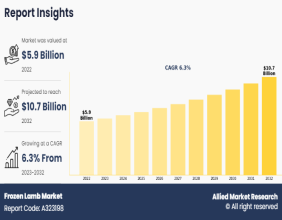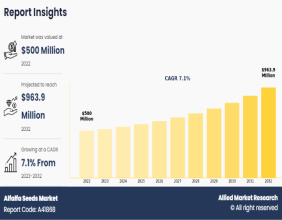Highlights
- The NZ economy grew 2% in Q3
- The growth was due to a surge in the services sector after NZ borders opened up
- A recession is expected next year, while RBNZ likely to increase interest rates
The New Zealand economy grew 2% in the third quarter against the expectations of a lower GDP. With expectations of a global slowdown, economists had expected a GDP of 0.9% in the September quarter.
As per the data revealed by Stats NZ on 15 December 2022, the GDP numbers were better than expected on the back of a surge in the services sector and exports due to the opening of NZ borders.
Services industries led the charge with a 2.0% surge. The transport, postal, and warehousing industry was up 9.7%.
According to Stats NZ, an increase in residential and non-residential buildings, and infrastructure development led to an increase in construction activity. Further, expenditure on transport equipment, plant, machinery, etc., also increased in the third quarter.
As per the data, exports of goods and services increased by 7.8% with dairy meat, and travel services taking the chunk.
The GDP data is a result of the rebound of last year’s lockdown and a lift from the June quarter when the GDP was 1.7%.
However, both Treasury and the Reserve bank have been forecasting a recession in 2023-most likely in the second part of the year.
Finance Minister on NZ economy
While talking about the GDP numbers, Grant Robertson, the finance minister of New Zealand, said that the economy was continuing to grow well with the return of tourists and higher construction activity. This puts the country at a stronger starting point to meet the challenges posed by the deteriorating global economy. He said New Zealand’s economy was nearly 7.9% bigger than before the start of the pandemic. It was ahead of Australia, the US, Canada, the European Union region, Japan, and the UK.
He noted that the Government was no longer contributing to the growth with spending down 1.8% in the September quarter and flat in the previous June quarter.
On 14 December 2022, Treasury said that the government’s fiscal policies were reducing inflation pressures in the economy, the finance minister said.
Further, he said that the growth was expected to slow down in 2023 due to high-interest rates, capacity challenges, and the cooling housing market.
Impact on interest rates
Following the GDP numbers, interest rates are likely to rise further. According to economists, due to the current strength in the economy, the central bank is expected to hike interest rates between 75 and 100 basis points at its next meeting in February.
The Reserve Bank of New Zealand (RBNZ), in its ninth straight hike last month, rose the interest rates by 75 basis points. Its last monetary policy review signaled a further tightening as it had to bring the inflation within target levels.



